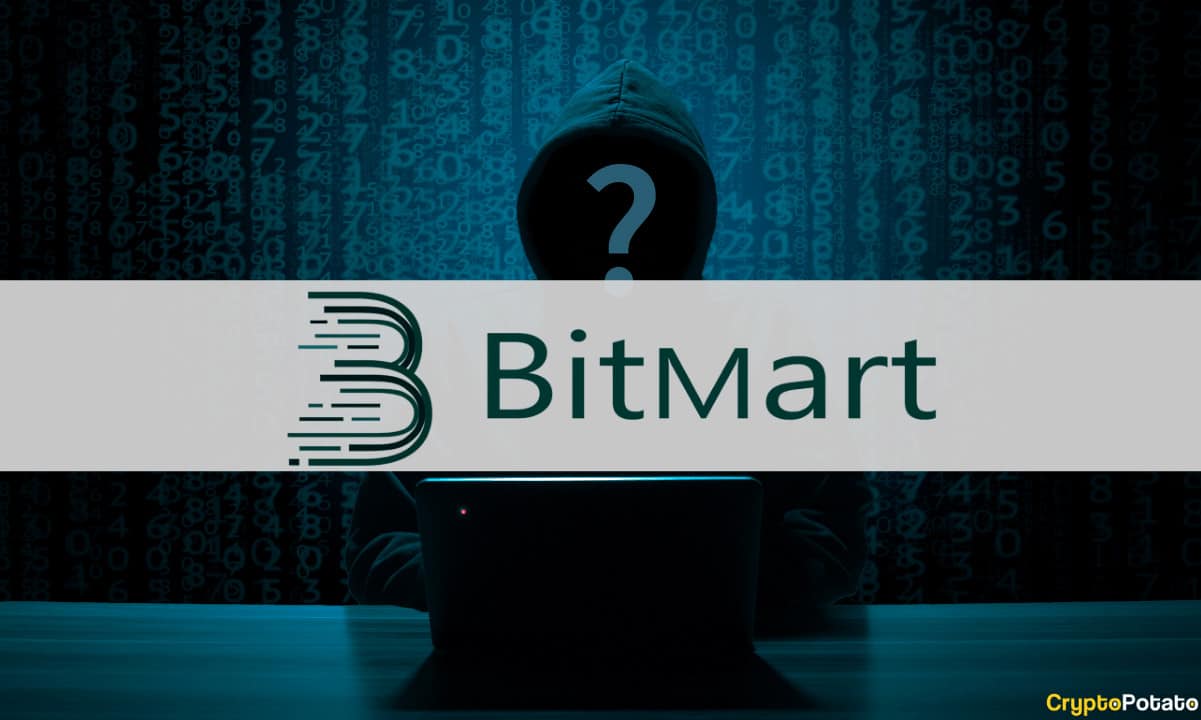Polymath is a blockchain platform that enables companies to issue digital securities using a standardized token protocol. In the world of finance, a security is any type of financial instrument that holds some type of monetary value, like stock or shares in a company. In the world of cryptocurrency, security tokens are essentially digitized securities that represent shares in a traditional financial asset. These tokens can be exchanged and traded just like other cryptocurrencies.
Through Polymath, real-world assets can now be tokenized, providing better liquidity and broader access to issuers and investors. The Polymath team believes the securities market will be worth $10 trillion by 2020.
POLY Pricing, Market Cap and Volume
POLY was distributed through a pre-sale at ~$0.40 USD per token. There is a limited supply of 1 billion POLY tokens, but only 24% of that amount is in the circulating supply. The remaining tokens are held in reserve.
POLY is still a relatively new token by crypto standards and it’s too soon to predict how well it will do in the market. Coinmarketcap started listing POLY’s market cap at ~$190 million USD in February 2018. The value of one token at that time was ~$0.7 USD.
POLY’s popularity went up in the weeks that followed and its value managed to cross the ~$1 USD threshold and reach ~$1.6 USD. It has since gone down and now hovers in the ~$0.5 USD range.
Why Polymath?
Cryptocurrencies have experienced explosive growth in the last few years. Token sales from ICOs reportedly raised over $5.6 billion in 2017, up from only $240 million in 2016. A large portion of those tokens were utility tokens. So, what’s the difference between utility and security tokens? Utility tokens grant access to products, software, or services, while security tokens can represent shares in an organization.
Security tokens currently make up a small portion of the crypto market, but many experts believe that’ll change in the near future as more funding is expected to flow into security coins. The sudden shift is mainly due to new regulations.
The U.S. Securities and Exchange Commission (SEC) published formal guidance in 2017 stating that ICOs that offer security tokens are subject to federal securities law. Since then, startups seeking funding using ICOs have been careful to design their offerings as utility tokens to avoid adhering to SEC regulations.
Launching utility tokens is not only easier because of the lack of regulation, but also because every major crypto exchange has avoided listing a security token after SEC released their guidance. By listing a security token, an exchange could inadvertently find itself in violation of SEC rules, and no exchange has been willing to test those murky waters. As a result, investors have a hard time getting liquidity for security tokens, which makes them an unattractive investment.
What Polymath Does
Polymath wants to revolutionize the financial securities industry by providing a security token protocol that embeds regulatory requirements into tradable tokens, ushering in a new era of “Security Token Offerings” or STOs.
STOs are similar to ICOs. You purchase tokens during the offering that you can trade, sell, or hold. The difference is that security tokens are actually financial securities, and the tokens are backed by something tangible like the revenue, profits, or assets of a company.
Polymath simplifies the process of issuing and trading security tokens by using a new token standard called ST20, which enforces legal compliance by default. Only the wallet addresses of authorized investors can hold ST20 tokens, which means issuers don’t have to worry about the legalities of their securities falling into the wrong hands. Polymath uses smart contracts and address white-listing technology to prevent trades between excluded persons.
Companies that use Polymath to launch STOs will be guided by legal delegates through the complex legal and technological process before issuance. Tokens issued will be complaint with AML (Anti-Money Laundering) and KYC (Know Your Customer) requirements as well as the securities laws in the jurisdictions they touch.
In addition to enabling companies to issue their own tokenized securities, Polymath also provides a marketplace where issuers and investors can connect.
How Polymath Works
At the core of the Polymath platform are a set of smart contracts known as the Polymath chaincode, which coordinate interactions between participants. There are five participants in the Polymath network:
Issuers – Entities that want to create and sell security tokens.
Investors – Individuals or institutions that want to purchase or trade security tokens.
Legal Delegates – Off-chain representatives who help to guide issuers through the compliance process.
KYC Providers – KYC providers validate the real identities of participants and perform due diligence to accredit them. To participate in the system, Ethereum addresses must bet matched with investors.
Developers – Software engineers who create and review initial offering smart contracts for securities tokens.
Polymath’s participants are connected through four layers that work in tandem to create a securities token ecosystem:
Protocol Layer – this is where compliance begins. The protocol layer uses a smart contract to provide KYC/AML accreditation.
Legal Layer – this layer provides issuers with the necessary legal tools to make sure they comply with the regulations of their jurisdiction.
Application Layer – This layers enables issuers to launch securities-backed tokens in a matter of minutes.
Exchange Layer – the exchange layer provides a marketplace for ST20 tokens where issuers and investors can gain instant liquidity.
Polymath features its own utility token called POLY that provides access to the platform’s ecosystem. POLY is the fuel of the Polymath platform and is required to interact with Polymath smart contracts.
Issuers can use POLY to post bounties and encourage developers, KYC providers, and legal delegates to bid on providing services toward the issuance of their security token. The size of the bounty posted is up to the issuer, but complex securities offerings will require a larger amount of POLY. Polymath has three marketplaces:
1. Legal Delegate Marketplace
All securities must be reviewed by legal delegates. The delegates guide issuers through the process and help them complete the steps for issuance. For every new security token, delegates bid on the cost of representing the issuer during the process.
Polymath doesn’t vet any of the legal delegates and it is up to the issuer to do their own due diligence, but delegates are also required to go through KYC verification. Issuers can also track the number of issuances a delegate has performed via the ledger.
2. KYC Provider Marketplace
This marketplace matches up individuals with KYC providers who offer accreditation and validation services. KYC providers choose how to charge for their services. They must pay a POLY fee to join the network. This is meant to identify legitimate providers who can easily make back the fee payment from verifications.
3.> Developer Marketplace
Issuers who want to have an STO smart contract created or reviewed can hire developers from this marketplace. Developers can bid on the jobs and earn tokens for creating STO contracts.
Polymath vs. Other Cryptocurrencies
Ethereum opened the path for startups to easily launch their own utility tokens. Polymath wants to do the same for security tokens. The platform is designed to lower the barriers for individuals and businesses to launch security tokens on the blockchain. It does the following:
– Enables entities to authenticate their identity and participate in STOs.
– Provides a decentralized marketplace for trading security tokens.
– Matches issuers with developers who can translate their required parameters into code that issues ERC20-compatible tokens.
Polymath currently doesn’t have any serious competitors, but that will likely change once utility tokens become subject to regulations and security tokens start to gain popularity.
Buying, Storing and Selling POLY
At the time of our review, Polymath was only listed on Kucoin, EtherDelta, and IDEX.
Since Polymath runs on the Ethereum blockchain, it can be stored in any wallet that supports ERC20 tokens. For web-based options, MyEtherWallet (MEW), Jaxx, MetaMask, and Parity are all good choices. For more secure, hardware options, wallets like Ledger Nano S and Trezor are your best bet.
Liquidity of POLY
Polymath is the first platform to enable individuals and businesses to issue security tokens, and that has given it an edge which has translated to good market liquid. There are currently only a few security tokens in existence, but if the projections are correct, the market for security tokens will boom in the next few years.
It’s only a matter of time before utility tokens and the ICOs that create them are subjected to SEC regulations. When that time comes, the value of security tokens and platforms like Polymath that issue them will soar.







